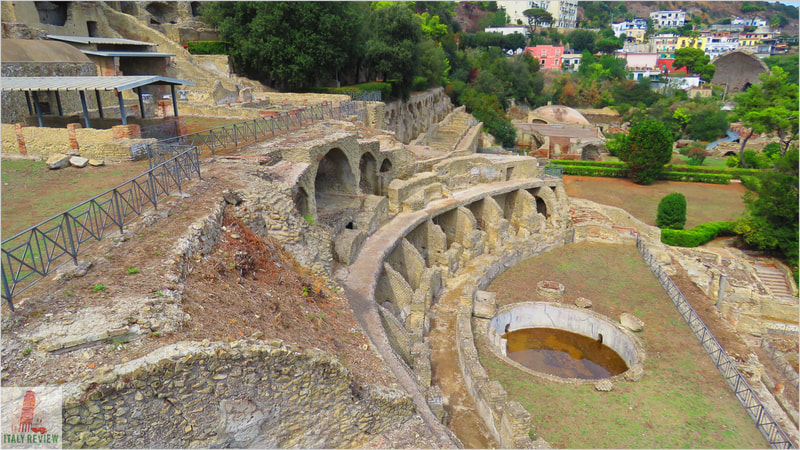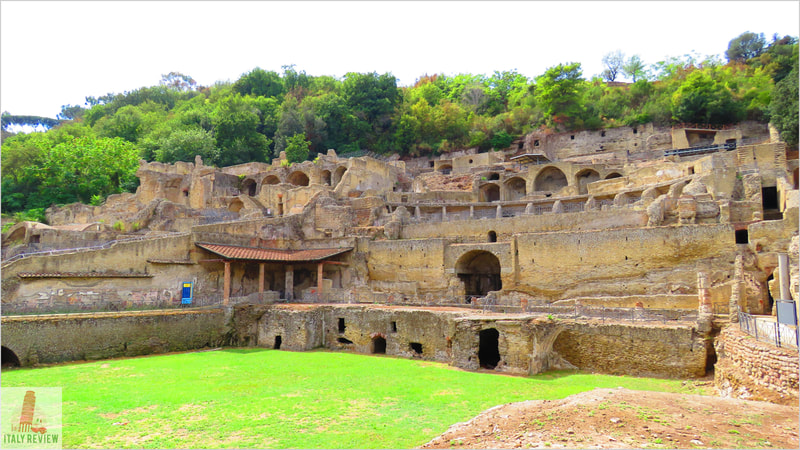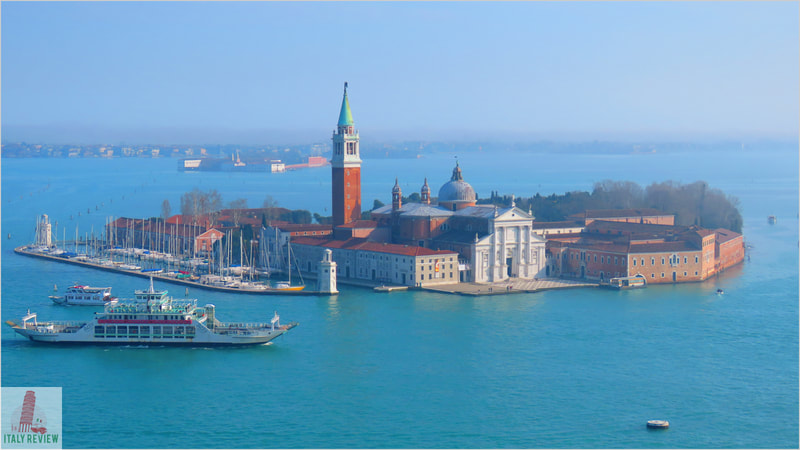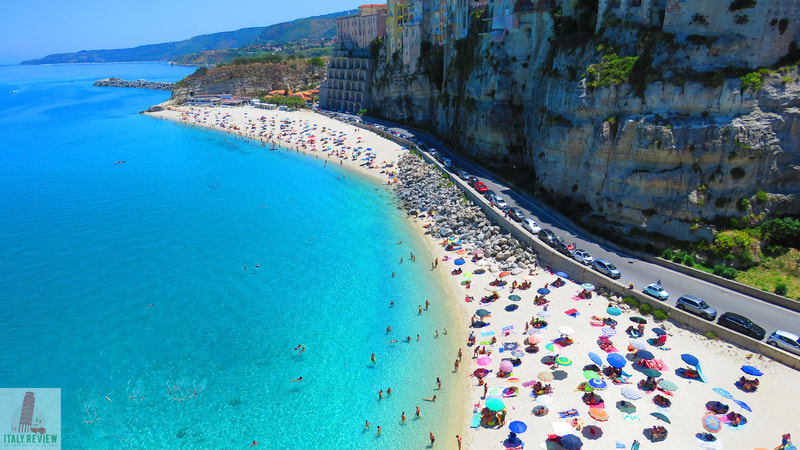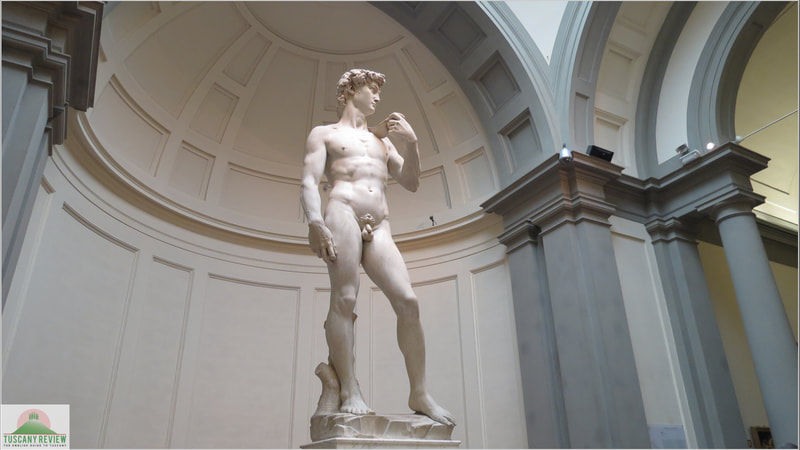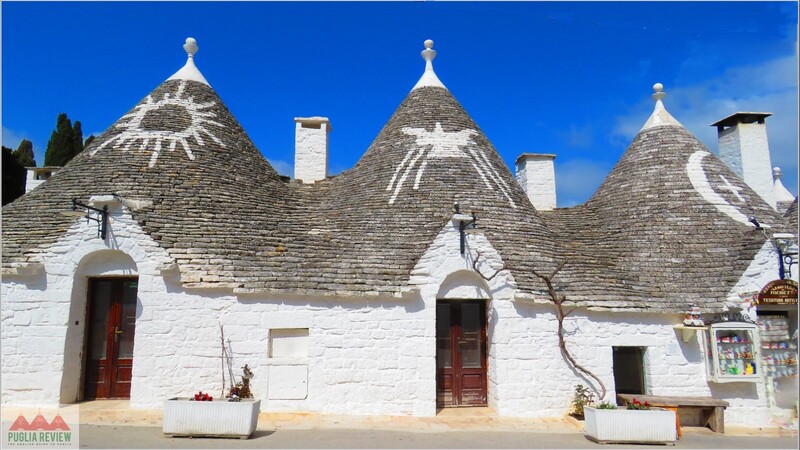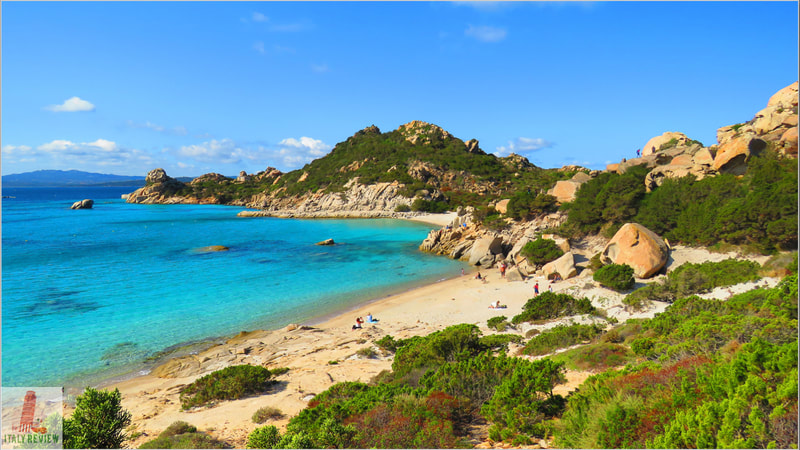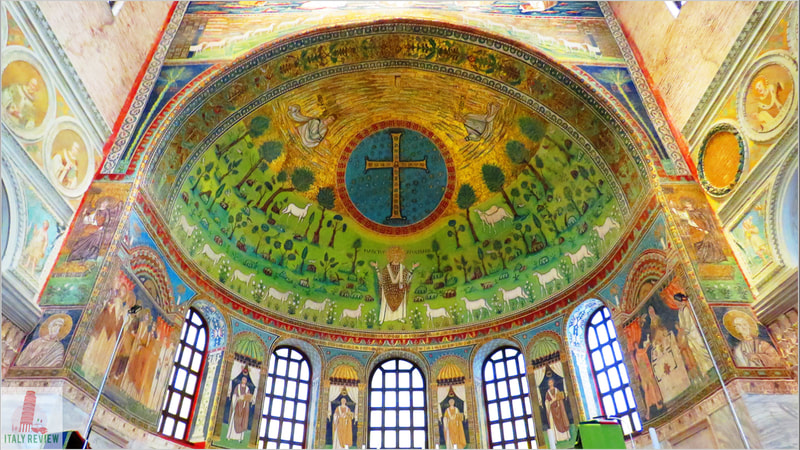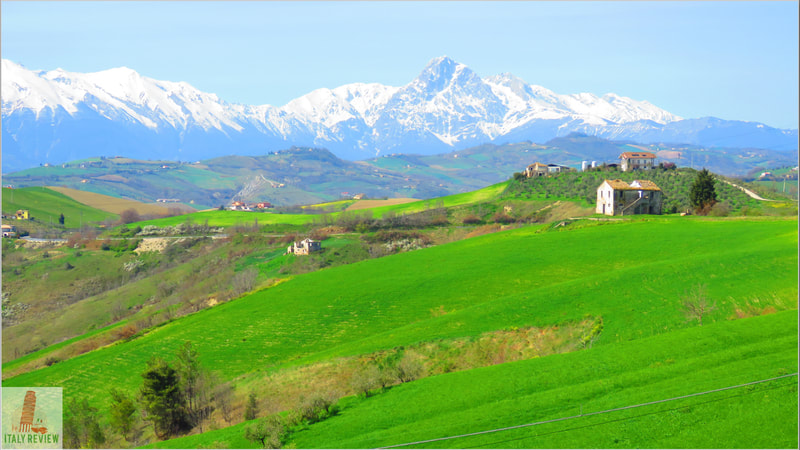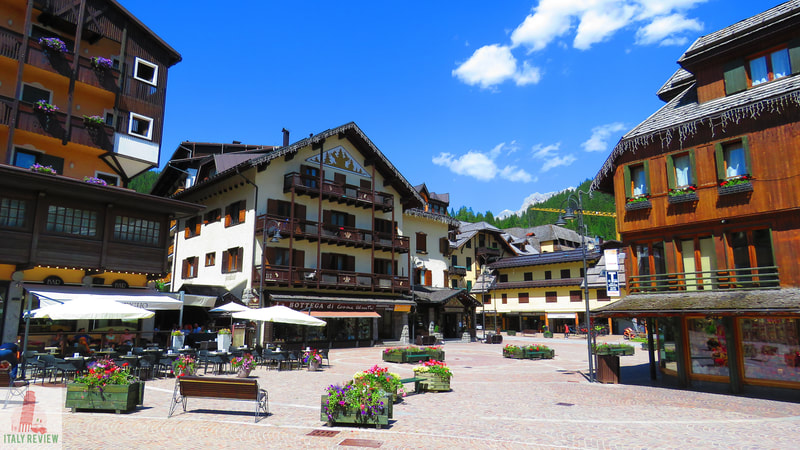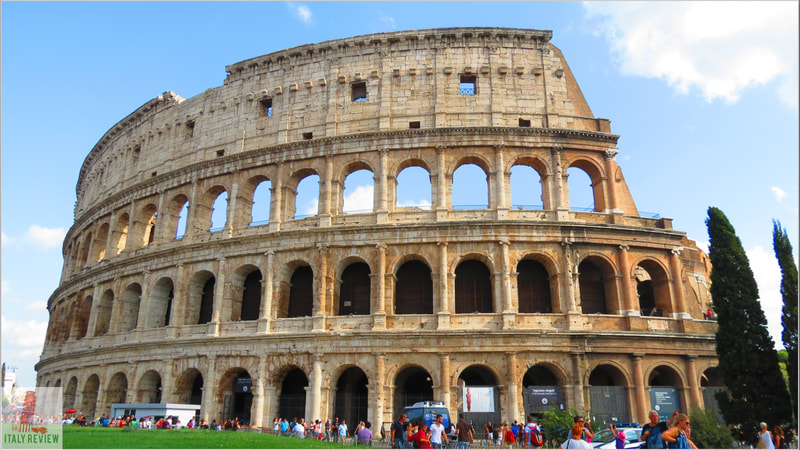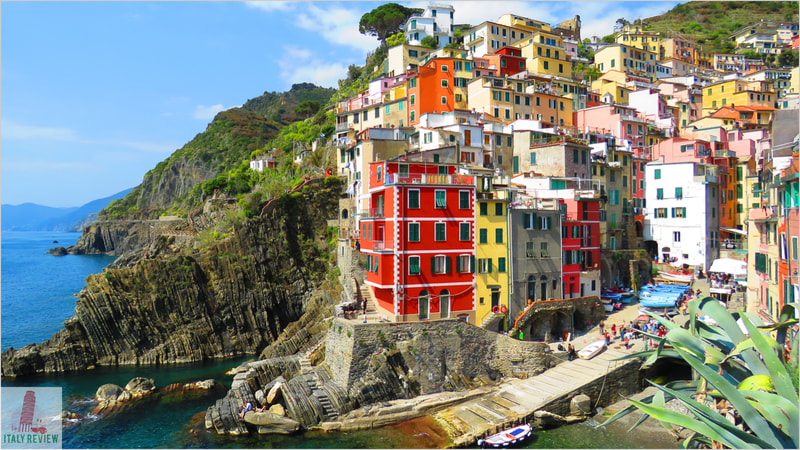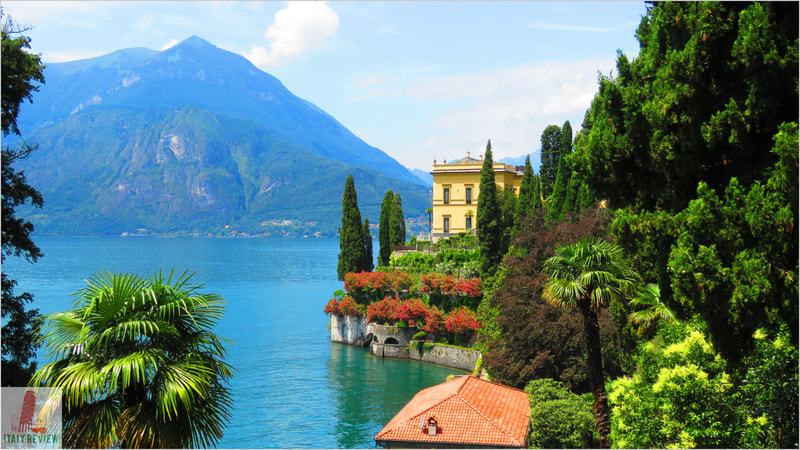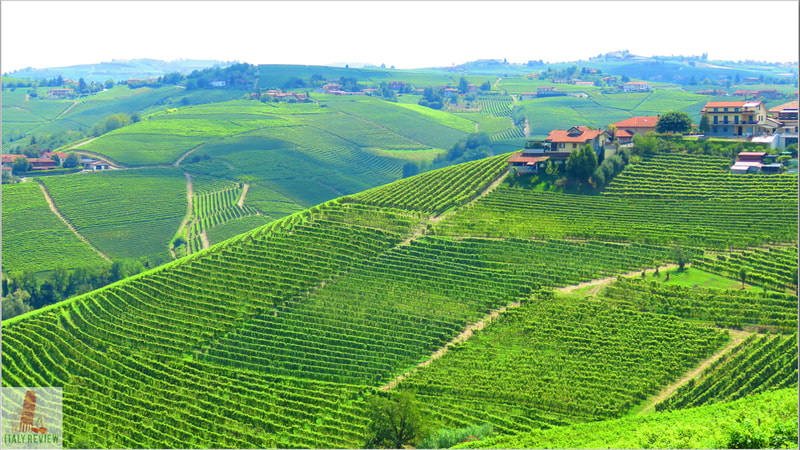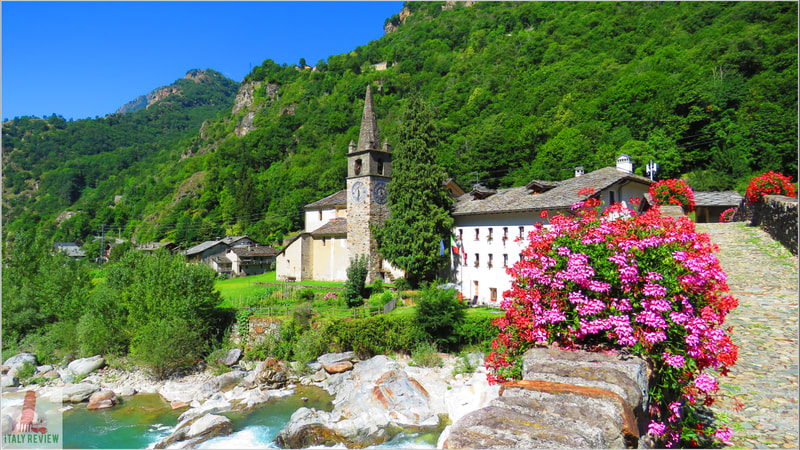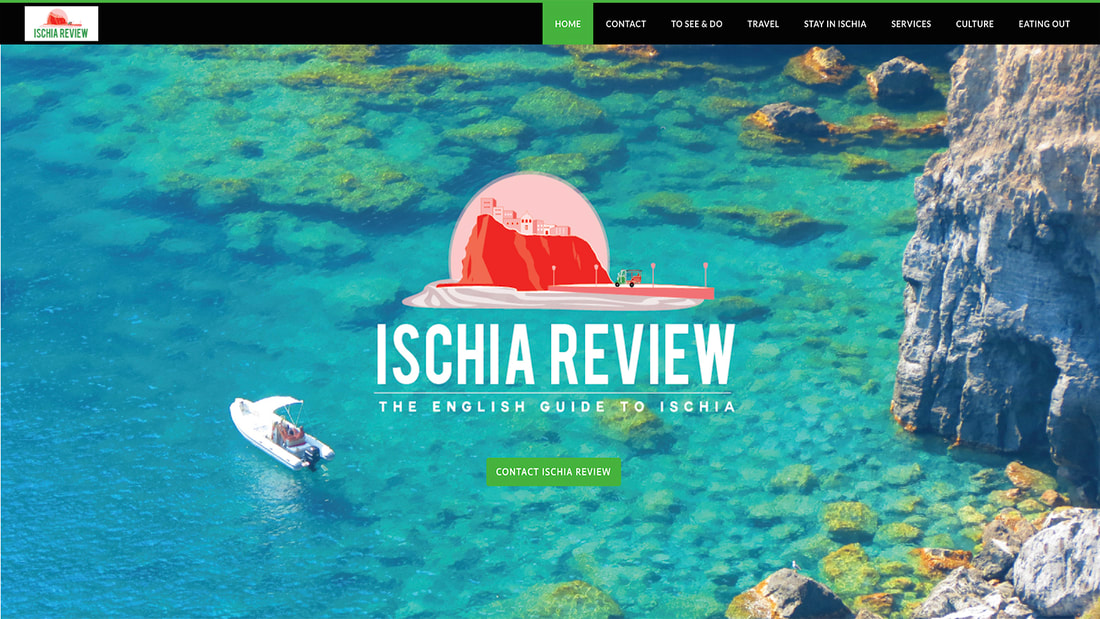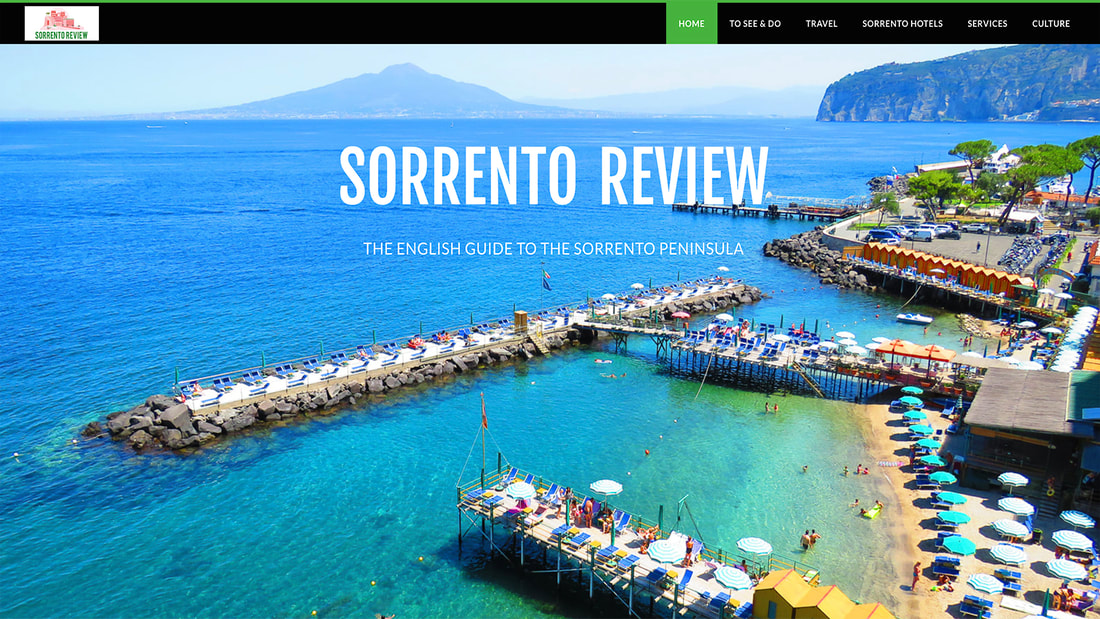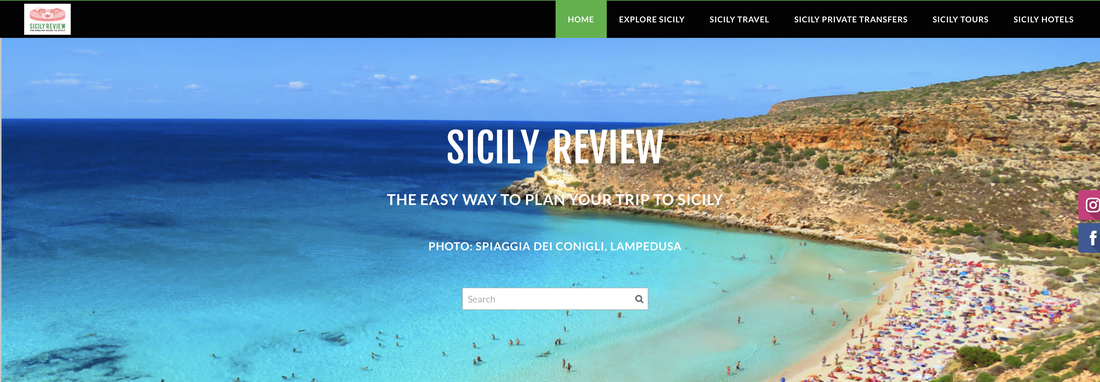Baia Archaeological Park
|
By Dion Protani
|
Latest update: 19 January 2024
|
|
The Baia Archaeological Park is located in the Province of Naples, around 20 kilometres from Naples city centre.
The park opens from Tuesday to Sunday at 09:00, closing one hour before sunset. On Mondays the park is closed. Entry tickets to the site cost €4 per person and the nearest train station is Fusaro, a ten minute walk away (800 metres). |
Related links
Profile
The Baia Archaeological Park is an ancient Roman archaeological site located near the town of Baia, in the Campania region of Italy. Baia was once a prominent Roman coastal resort town renowned for its natural hot springs, luxurious villas, and stunning coastal views.
Today, the Baia Archaeological Park offers visitors a chance to explore the fascinating ruins of this ancient Roman city, providing insights into the opulent lifestyle of the Roman elite during the Imperial era.
The Baia Archaeological Park is a sprawling site that covers a considerable area along the Bay of Naples. It includes the remains of Roman villas, thermal baths, temples, and other structures. The site is divided into several areas, each revealing a different aspect of the city's history.
Today, the Baia Archaeological Park offers visitors a chance to explore the fascinating ruins of this ancient Roman city, providing insights into the opulent lifestyle of the Roman elite during the Imperial era.
The Baia Archaeological Park is a sprawling site that covers a considerable area along the Bay of Naples. It includes the remains of Roman villas, thermal baths, temples, and other structures. The site is divided into several areas, each revealing a different aspect of the city's history.
History
Baia was originally founded by the Greeks in the 6th century BC but later became a favored retreat for Roman emperors and wealthy citizens during the Imperial era. The town's natural beauty, mild climate, and therapeutic hot springs attracted the Roman elite, who built luxurious villas and extravagant structures in the area.
During its heyday, Baia was a thriving resort town with bustling social life, lavish parties, and cultural events. However, over time, the town faced challenges from volcanic activity, coastal erosion, and invasions, leading to its decline during the late Roman Empire and the Middle Ages.
During its heyday, Baia was a thriving resort town with bustling social life, lavish parties, and cultural events. However, over time, the town faced challenges from volcanic activity, coastal erosion, and invasions, leading to its decline during the late Roman Empire and the Middle Ages.
Key features
- Temples: The park contains the remains of several Roman temples, including the Temple of Venus, the Temple of Mercury, and the Temple of Diana. These religious structures are fascinating examples of Roman architecture.
- Imperial Villa: The archaeological site also includes the remains of an Imperial Villa, thought to have belonged to various Roman emperors, including Julius Caesar and Nero. This luxurious residence offers a glimpse into the grandeur and opulence of the Roman elite.
- Thermal Baths: Baia was renowned for its thermal springs, and the park features well-preserved thermal baths that were used for relaxation and medicinal purposes by the Romans.
- Underwater Archaeological Park: Part of the Baia Archaeological Park is underwater, and visitors can explore the submerged ruins of villas and other structures through guided snorkeling or diving tours.
Visitor information
- Guided Tours: Guided tours are available to provide historical context and insights into the site's history and significance.
- Visitor Center: The park has a visitor center with exhibits and informative materials about the history and culture of Baia.
- Underwater Excursions: For those interested in underwater archaeology, guided snorkeling or diving tours are available to explore the submerged ruins.
- Accessibility: The park is generally accessible, but some areas may have uneven terrain.
- Nearby Attractions: Baia is located near other famous archaeological sites like Pompeii and Herculaneum, making it an excellent addition to an itinerary exploring ancient Roman history.
|
Opening-times:
Tue - Sun: 09:00 - 1 hour before sunset, closed on Mondays |
Prices:
Adults: €4 |
Parco Archeologico delle Terme di Baia
|
Comune: Bacoli
Province: Metropolitan City of Naples Region: Campania Nearest train station: Fusaro Close by: Pausilypon Archaeological Park, Cumae, Miseno Recommended accommodation: Hotel Cala Moresca (7 km) |

